Publications
Articles, publications, books, tools and multimedia features from the U.S. Institute of Peace provide the latest news, analysis, research findings, practitioner guides and reports, all related to the conflict zones and issues that are at the center of the Institute’s work to prevent and reduce violent conflict.
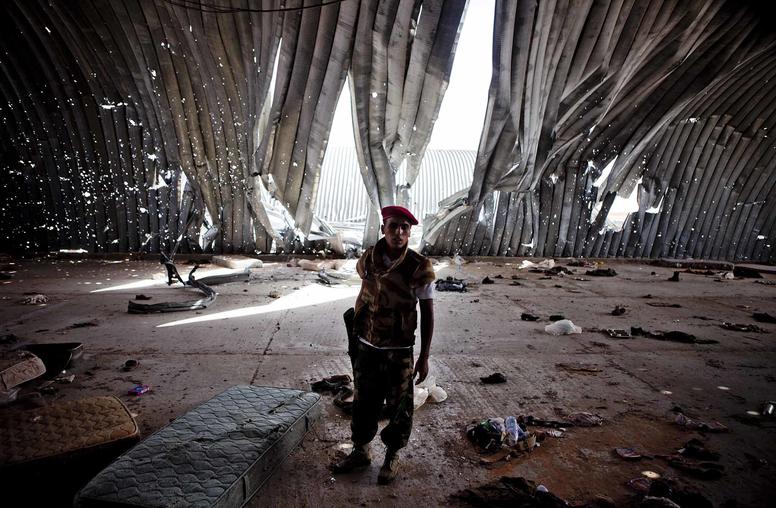
In Libya, Hope Springs from Youth and Local Communities
More than two years after the United Nations began leading an internationally backed peace process for Libya, that effort faces severe challenges. Rival Libyan regimes still claim national authority, and battles among hundreds of militia groups continue. Amid the turmoil, however, young Libyans are leading peacebuilding efforts in their local communities.
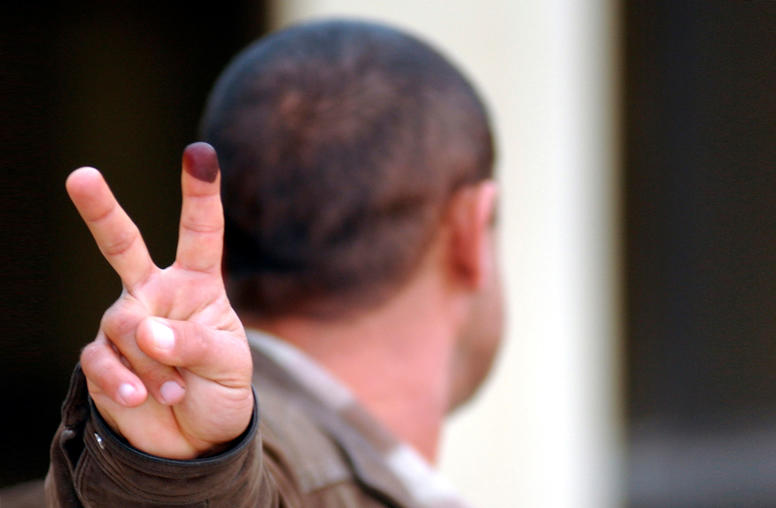
Iraq’s Election Takes a Tone That’s Hopeful for Democracy
As Iraq prepares to vote on May 12, the public debate has been just a bit unusual. Following the country’s war against the Islamic State extremists, candidates are seeking votes with appeals across sectarian lines and more discussion of issues than in any other election campaign. This change is incremental but is one of several that make this a moment to step back and measure Iraq’s evolution since the 2003 U.S.-led invasion. Despite what Iraqis have suffered over 15 years—or perhaps because of it—the will to democratize is alive and growing. A real meaning of these elections is this: If the United States and the international community can sustain their engagement, Iraq has a chance to stabilize, and to turn back the inevitable future attempts to revive extremist violence.
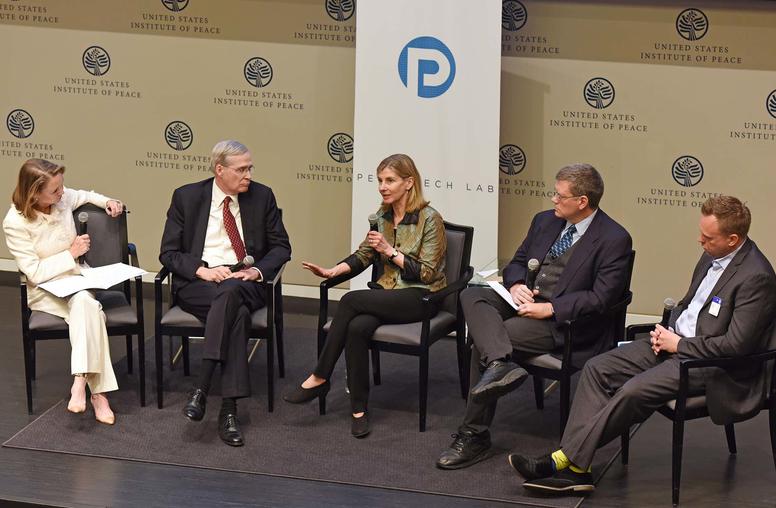
How 'Peace Tech' is Changing Global Conflict
As technological innovation develops at a blistering pace, it has fundamentally altered how conflicts develop and play out, and how peacebuilders prevent and mitigate violence. Throughout history, technology has driven warfare and international security.
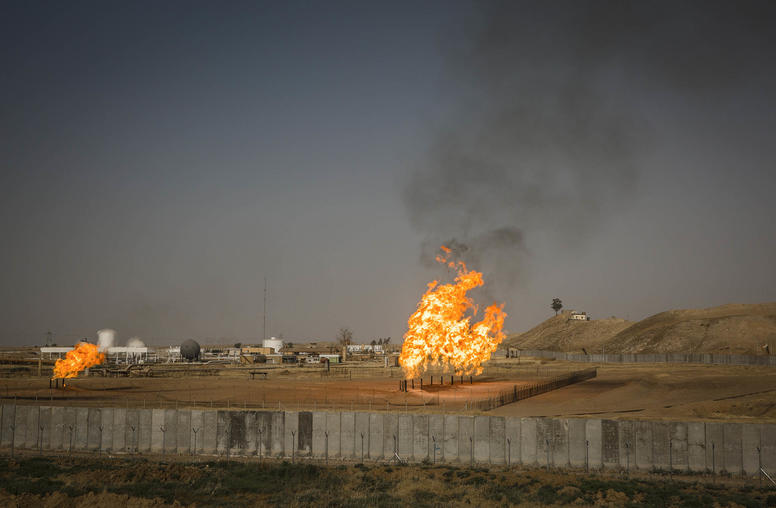
Kurdistan Region’s Debt Crisis Threatens Iraq’s Economy
As Iraq’s parliamentary elections approach this weekend, destabilizing disputes with the Kurdistan Region remain unresolved. Perhaps the most intractable, and least discussed, is how to address the insolvency of the semi-autonomous Kurdistan Regional Government (KRG). It’s a simmering crisis that threatens Iraq’s economic future and political unity, and one that the central government needs to step up and help defuse.
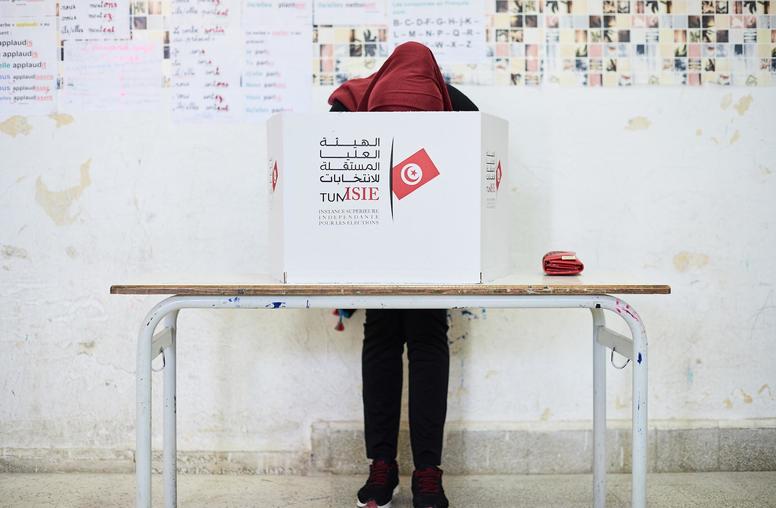
Will Tunisia's First Local Elections Advance its Democracy?
It has been over seven years since Mohamed Bouazizi’s protest sparked an uprising that led to the overthrow of longtime Tunisian dictator Zine El Abidine Ben Ali and spread throughout the Middle East. While the promise of the early days of the Arab uprising has evaporated throughout much of the region, Tunisia has continued its democratic transition in the face of economic and security challenges.
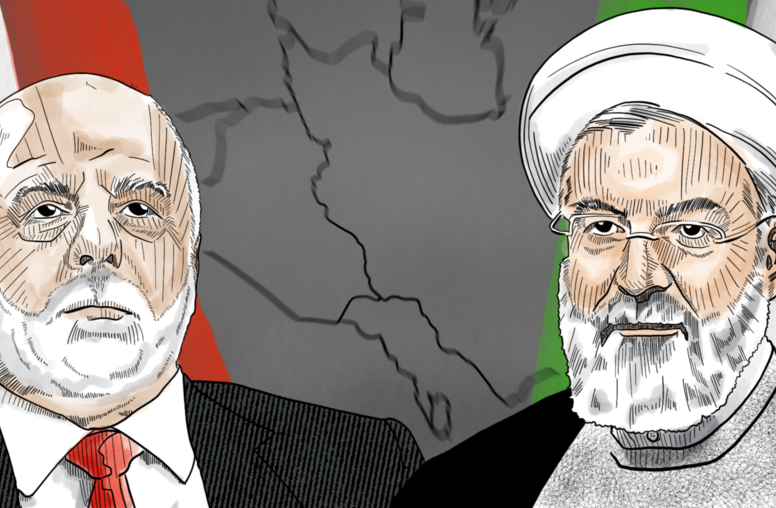
As Iraq Prepares for Elections, Iran's Influence Looms Large
Tehran’s interventions in conflicts throughout the Middle East have become a particular point of contention for detractors of the Iran Deal, which placed constraints on the country's nuclear program without addressing its role in Syria, Yemen, and across the region. There is no place Iranian influence has played a more conspicuous role than in neighboring Iraq.
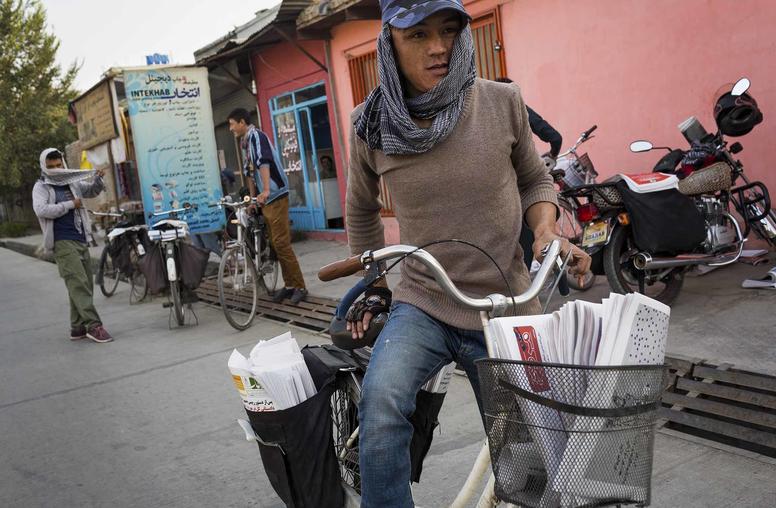
ISIS Seeks to Threaten Afghan Democracy with Latest Assault
With last week’s attack aimed at discrediting the electoral process and dissuading Afghans from participating, the Islamic State has made clear that it intends to suppress Afghanistan’s democratic development. Afghanistan’s burgeoning independent media is one of the country’s major success stories and most-trusted institutions.
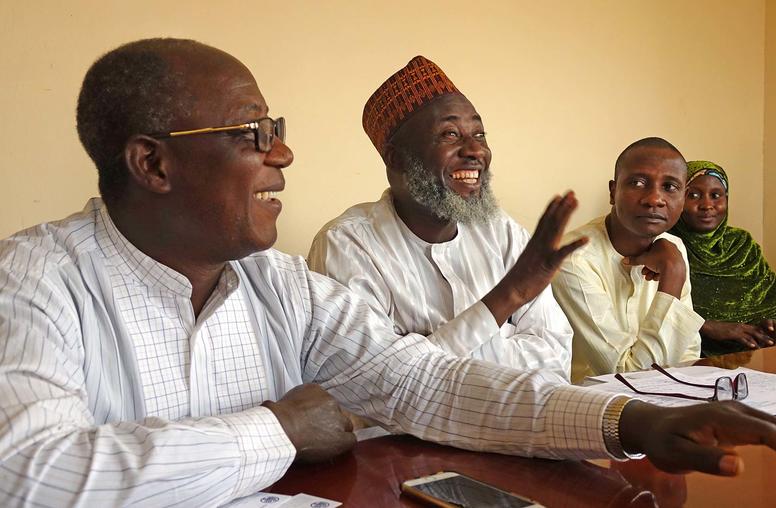
USIP in Nigeria: Connecting Civic, State Leaders to Stem Violence
A common thread underlying many of Nigeria’s most pressing problems is a failure of governance—a disconnect between officials and citizens in Africa’s biggest democracy. Whether the issue is the rise of Boko Haram, corruption or persistent intercommunal violence, the failure of government to understand or meet the needs of diverse groups of Nigerians is often the cause of volatile breakdowns.

Amid a Region in Strife, Lebanon Holds Parliamentary Elections
On May 6, Lebanese voters will elect a new parliament for the first time in nine years. This election introduces a new electoral law that scraps the former winner-take-all model in favor of a proportional representation system, aimed at opening the door for smaller parties and independent candidates to make it into parliament. While the election is an important development for Lebanon’s democracy and stability, it will be closely watched by regional and major powers alike.
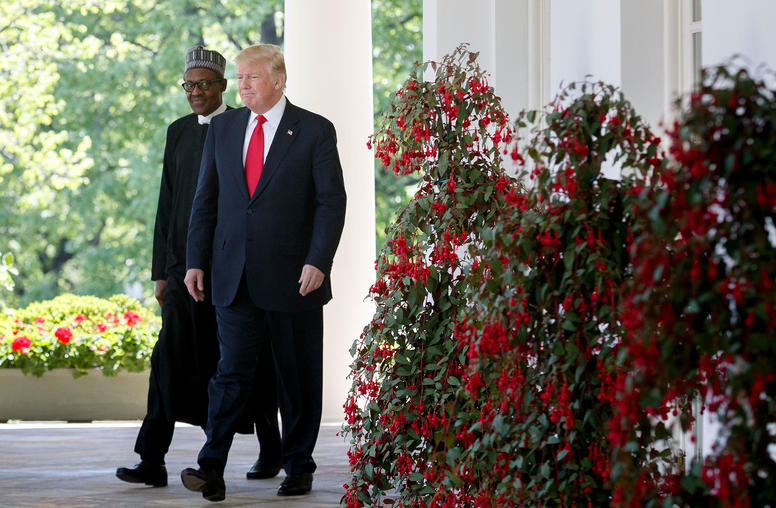
Democracy and Security in Africa Depend on Nigeria
When Nigerian President Muhammadu Buhari met with President Trump on Monday, much attention was paid to the importance of counterterror efforts and economic investments that will help the country continue its climb out of its deep recession. These are both critical areas for U.S. focus and assistance, but will not ultimately be sufficient to resolve Nigeria’s internal and regional security challenges.